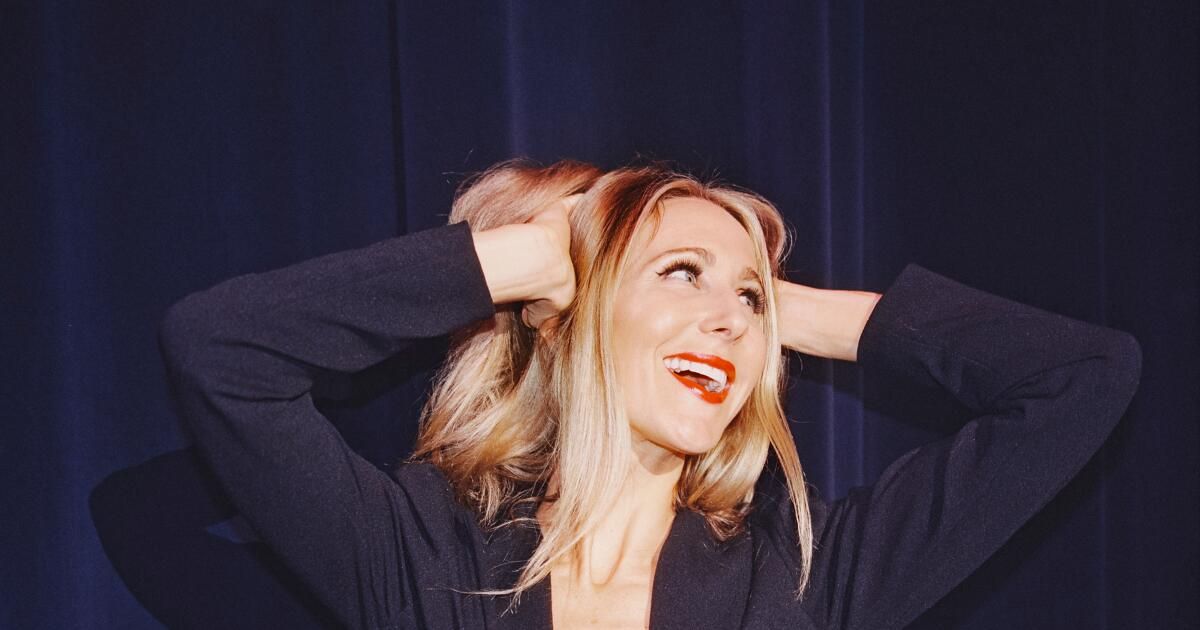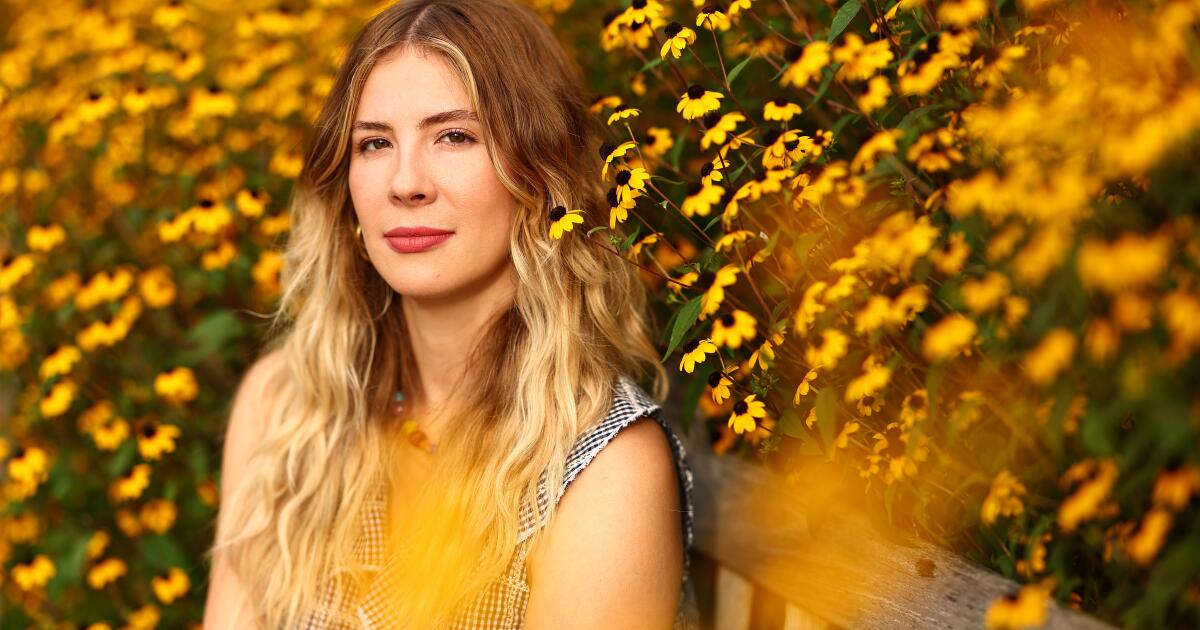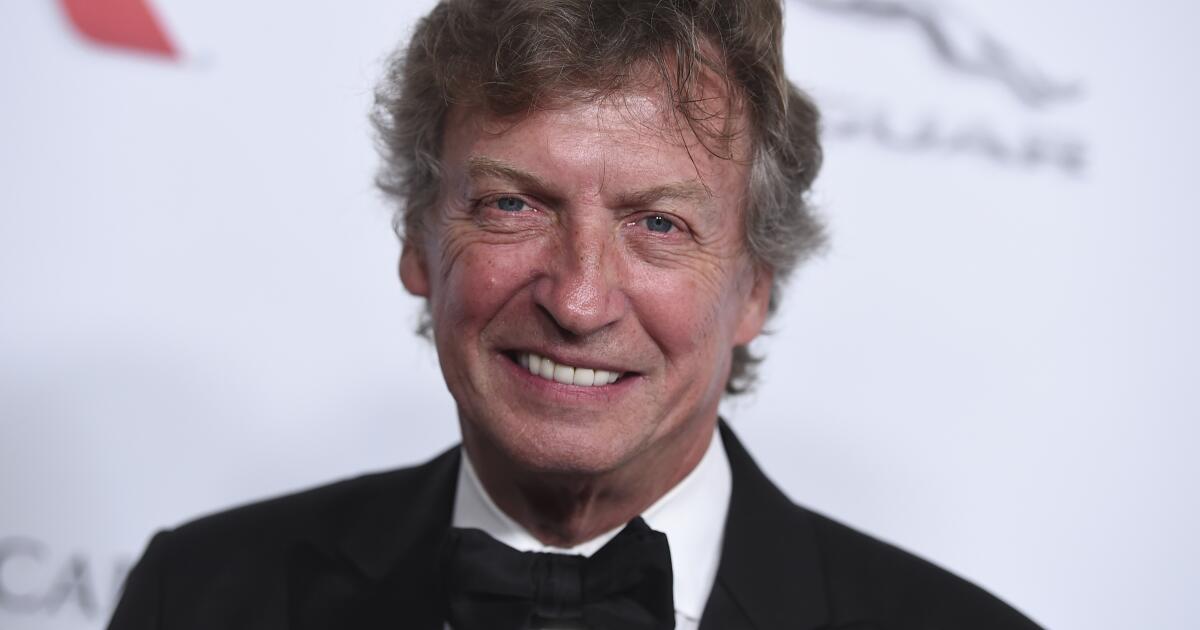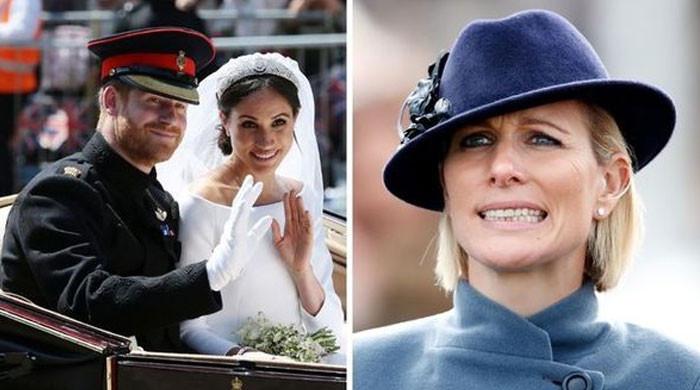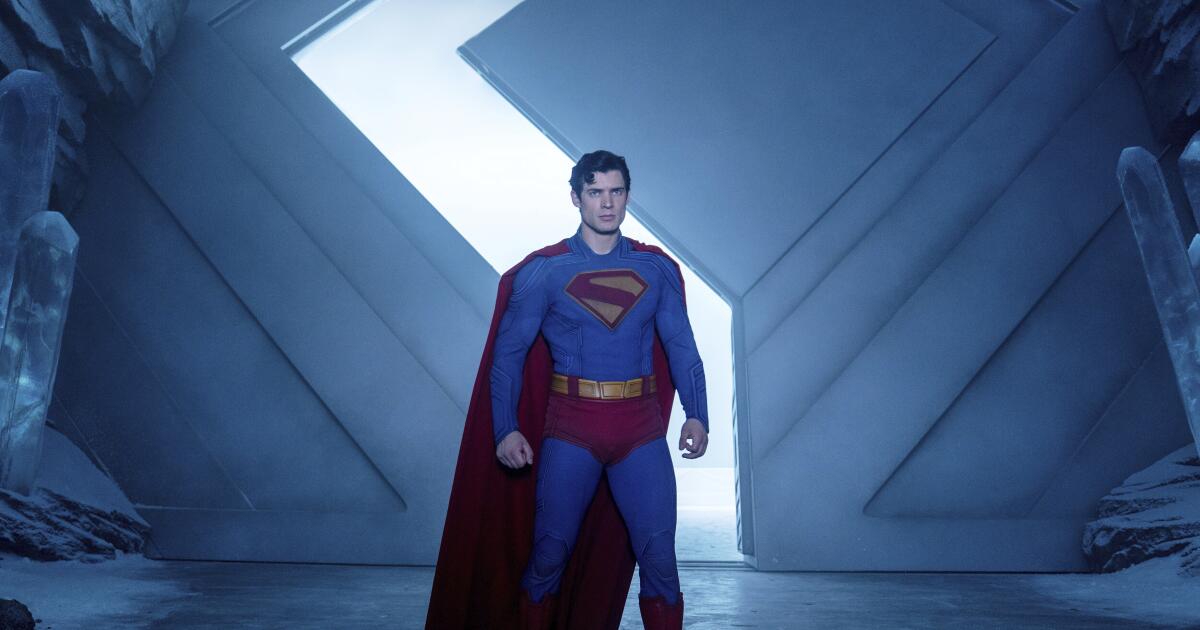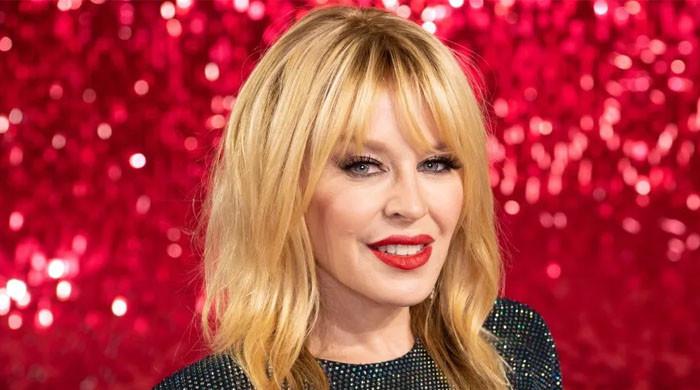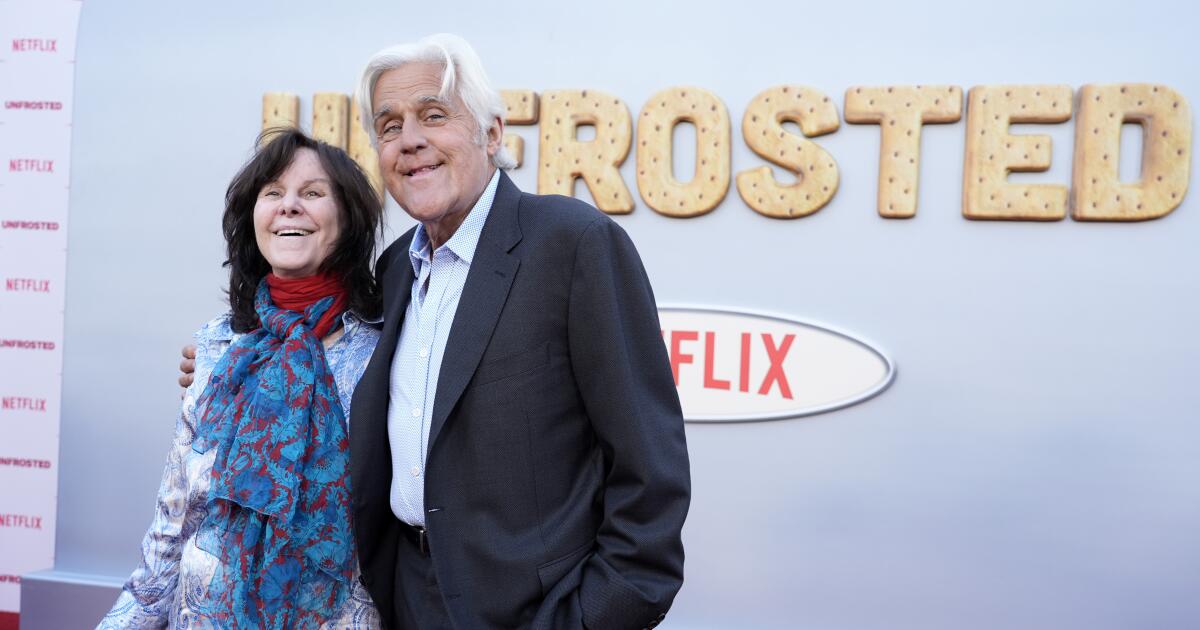In the Emmy-nominated HBO stand-up comedy special “Someday You’ll Die,” Nikki Glaser explains that she’s been suffering from postpartum depression: “My friend just had a baby, and I’ve been mourning the loss of that friendship.” She talks about the time she received an Easy-Bake Oven as a child: “I stuck my head in it.” She details her specific tastes in porn and her boyfriend’s willingness to bring them to life. For an hour, she works in the dark and the blue, tapping into a personal streak of comedy that lays bare her vulnerability.
Glaser, nominated for best variety special, is embracing what might be described as her arrival at the pinnacle of sincere comedy. Her recent work has an implicit message: This is who I am. Embrace it.
“If I gave a shit, it would mean that I felt some kind of shame about the things that I think,” she said in a recent video interview from her home in St. Louis. “I did a lot of work internally to say, ‘OK, there’s really nothing wrong with what I’m saying. ’ I don’t want to have kids. I don’t understand why people have them. I have suicidal thoughts sometimes, and that doesn’t make me a bad person. And it doesn’t make me bad to say that I have them.”
In May, the same month “Someday You'll Die” premiered, Glaser cracked up a group of fellow comedians and professional athletes with his performance on the Netflix show “Roast of Tom Brady,” in which he put everyone from the legendary NFL quarterback to comedian and host Kevin Hart in the spotlight. It was as funny and audacious a routine as a routine of this kind can be, and earned a rare standing ovation.
Halfway through a 20-year career, Glaser, 40, suddenly finds herself the hottest name in comedy. She's a veteran of clubs, stand-up specials and TV series (“FBoy Island,” “Inside Amy Schumer”), but she's no overnight success story. And she approaches newfound fame with the inner self-criticism and insecurity that fuels so many funny people.
“I suffer from a really bad case of imposter syndrome, so I was always okay with being ignored for something that I felt, deep down, I deserved,” she said. “I liked being acknowledged, but in a way that people thought maybe they went to camp with you or something. They couldn’t remember where they knew you from.”
As the title suggests, “Someday You'll Die” comes from the perspective of knowing that time catches up with us all. Glaser goes into detail about what age has done to her body. She doesn't shy away from the fact that she doesn't want to be a mother (“My fertility is fading, but I wanted it to be that way,” she said in the interview. It's quite likely that JD Vance isn't a huge Nikki Glaser fan.) She shares her anxieties about becoming less desirable.
And she does so with disarming good humour and no regard for decorum. Glaser is not a clean, observant comedian. She is delightfully profane and confessional, moving between brutal honesty and self-indulgence.
“Comedy, at its best, is relatable because we all have to die someday.”
—Nikki Glaser
She also speaks openly about her battles with depression and suicidal thoughts. Depression can strip people of the illusions they have about themselves and others, and when that happens, humor, paradoxically, can run amok. Glaser’s comedy suggests she’s already thought through everything painful one could say about her. Comedy, like the blues, often arises from the conversion of pain into purity of expression. Glaser has become a master of this alchemy.
“Comedy, at its best, is relatable because we all have to die someday,” Glaser said. “We’re all afraid of it. And depression comes when we don’t think about it and we suppress it in our subconscious. For a while I tried to hide it. I thought I was becoming a liability in this business; nobody wants to work with someone who’s depressed. But the industry doesn’t care. They’re not worried that I’ll kill myself. As long as I’m laughing at this, everything’s fine.”
She’s also trying to take care of herself. Glaser quit drinking in 2011 and returned to her hometown of St. Louis in 2020, taking a step back from the bright lights and temptations of Los Angeles and New York. She still loves touring, but she’s also learning to live without a microphone in front of her. “I travel for the work that really matters,” she said. “When I’m on the coasts, I say yes to everything and do a ton of sets, but I don’t get anything done. I want to be intentional with my work, so I have to take a Southwest flight to get there.”
Nowadays, when the time comes, he does it with a smile.

